Is there any practical difference between training and experience when it comes to self-defense? Would surviving a single street fight be as helpful as years of martial arts training? Do hours on the range translate to increased survival more than competition shooting or even hunting might?
These are just a few of the questions many people ask when discussing training vs. experience in a self-defense context. Recently, I watched a self-defense competition that had me thinking about my own experiences.
Ultimate Self-Defense Championship
My son and I recently watched the second season of Ultimate Self-Defense Championship. A creation of the Martial Arts Journey with Rokas channel on YouTube, the competition puts different martial arts practitioners in head-to-head scenarios to determine a winner.
All of the competitions are practical scenarios, meaning they happen in a dynamic setting mimicking the real world and are influenced by the choices the competitor makes. There are no static tests such as how hard someone can kick. While some scenarios are more “realistic” than others, the goal is the same: learning if your skills help you survive in self-defense situations.
Throughout the competition, one thing was clear to me: experience trumps training. Coming in last place was a very talented and skilled martial artist who entered the competition with apparently no experience in sparring or fighting of any kind. The winner, on the other hand, was Natan Levy, a mixed martial artist who is a successful competitor in the Ultimate Fighting Championship.
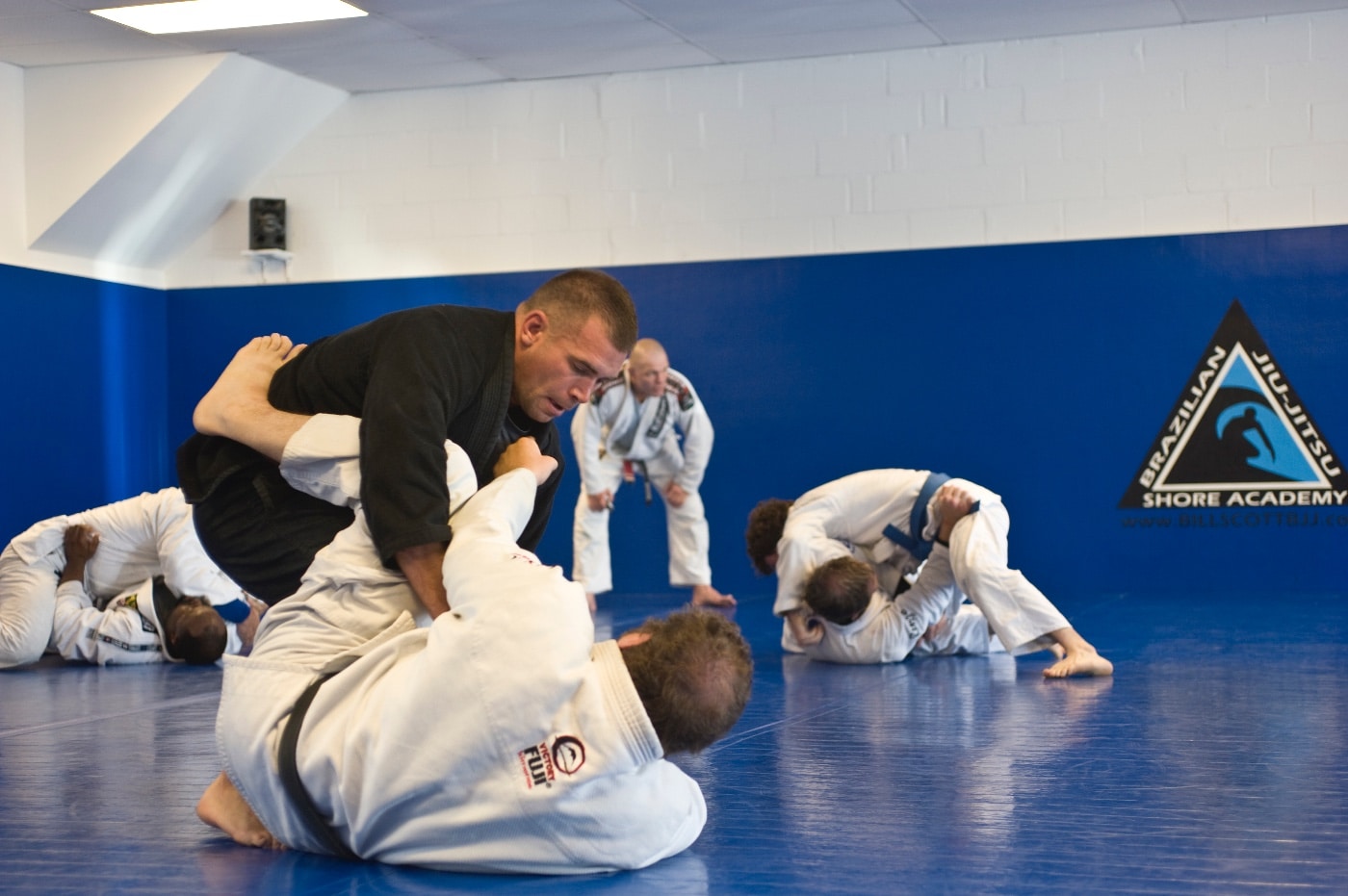
What may surprise many people is the second-place finisher was not a martial arts expert, but rather a “regular person” named Craig Hunter. A self-described “regular Aussie bloke,” Hunter said he only has a “little dabbling in martial arts.” This made him the odd man out in a group of competitors with extensive training. A truck driver and former carpenter, Hunter stated “You’ll find 10 of me in most pubs.”
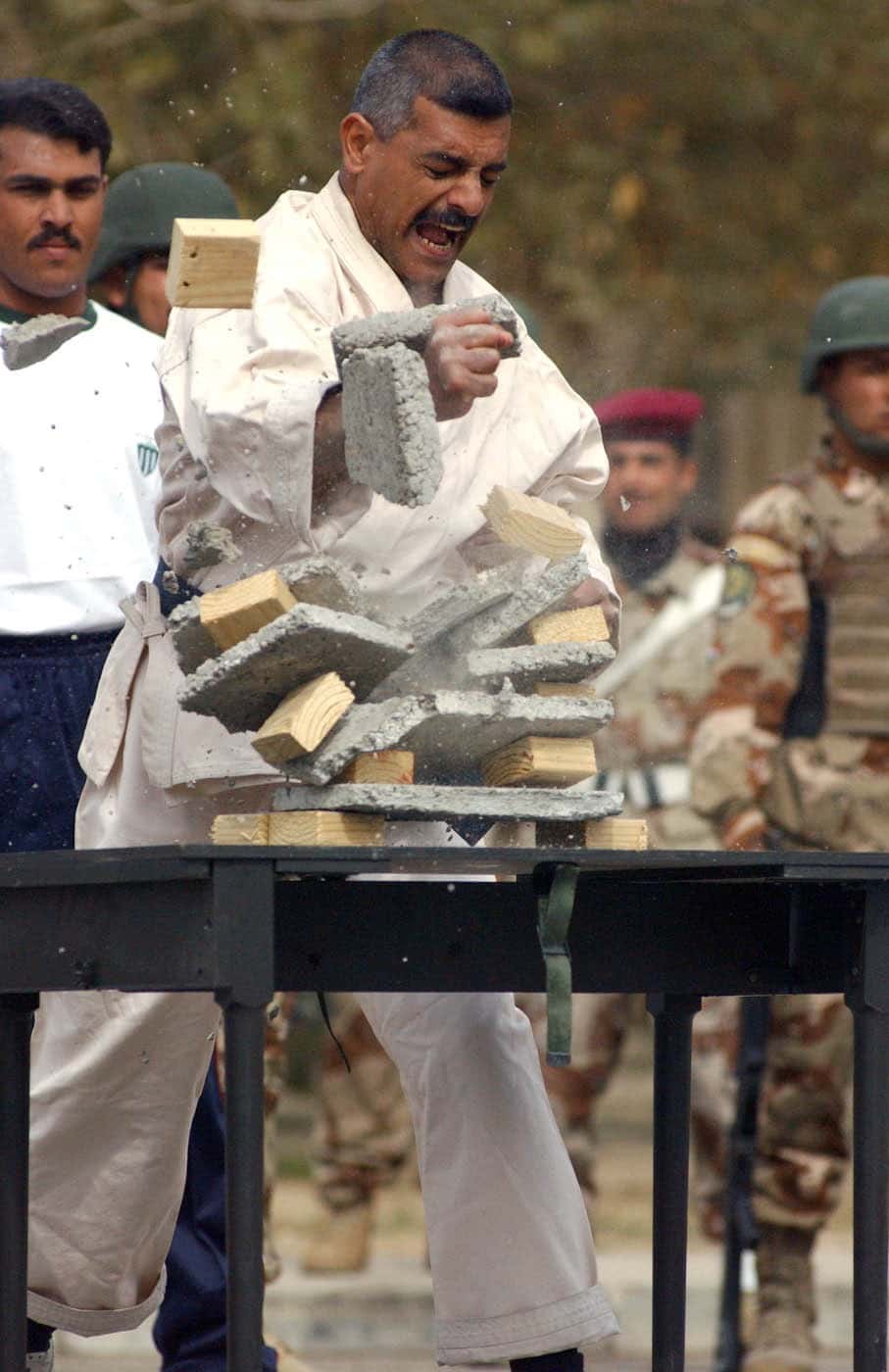
I’ve observed over the years that truck drivers and carpenters more frequently encounter the less savory elements of society due to where they are forced to stop for fuel, where a construction project may be working early and late hours. It’s been my experience that they learn how to handle danger when it shows up.
Throughout the show, Hunter seemed to demonstrate street smarts akin to the blue collar folks I know here in the United States. He didn’t hesitate to pick up potential weapons laying around in one scenario. In another, he simply walked out of the bar when trouble started up rather than staying to fight it out. He even lawyered up during a scenario with an investigating police officer.
Hunter’s experience appeared to propel him ahead of the respected martial artists he was competing against. Interestingly, I saw parallels with my son’s martial arts training.
Lessons from Karate Tournaments
My son began training in martial arts when he was young — about 6 years old. He listened to his instructors and dedicated himself to learning the techniques and katas. By every measure, he excelled in his age group.
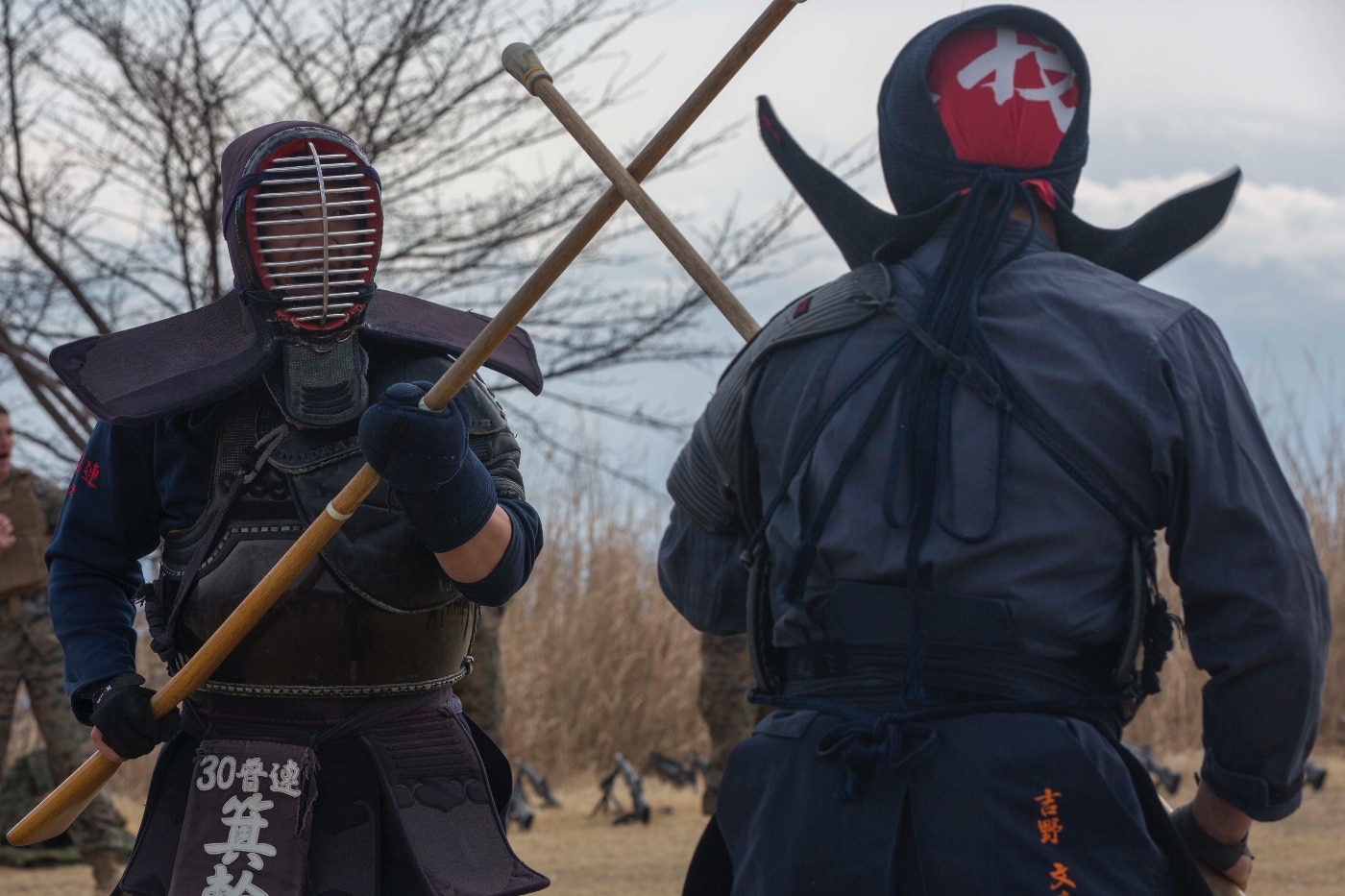
When he entered his first tournament, however, things suddenly became a bit more complicated. He was now demonstrating techniques in a new environment with judges who were complete strangers. Few of his friends were around.
When it came time to spar, he was now fighting people he’d never seen before, many with training in different martial art styles. Possibly the biggest obstacle to success was the enormous societal pressure to avoid fights. He was hesitant to attack, and though he may not have realized it at the time, the kids he was sparring were equally reluctant.
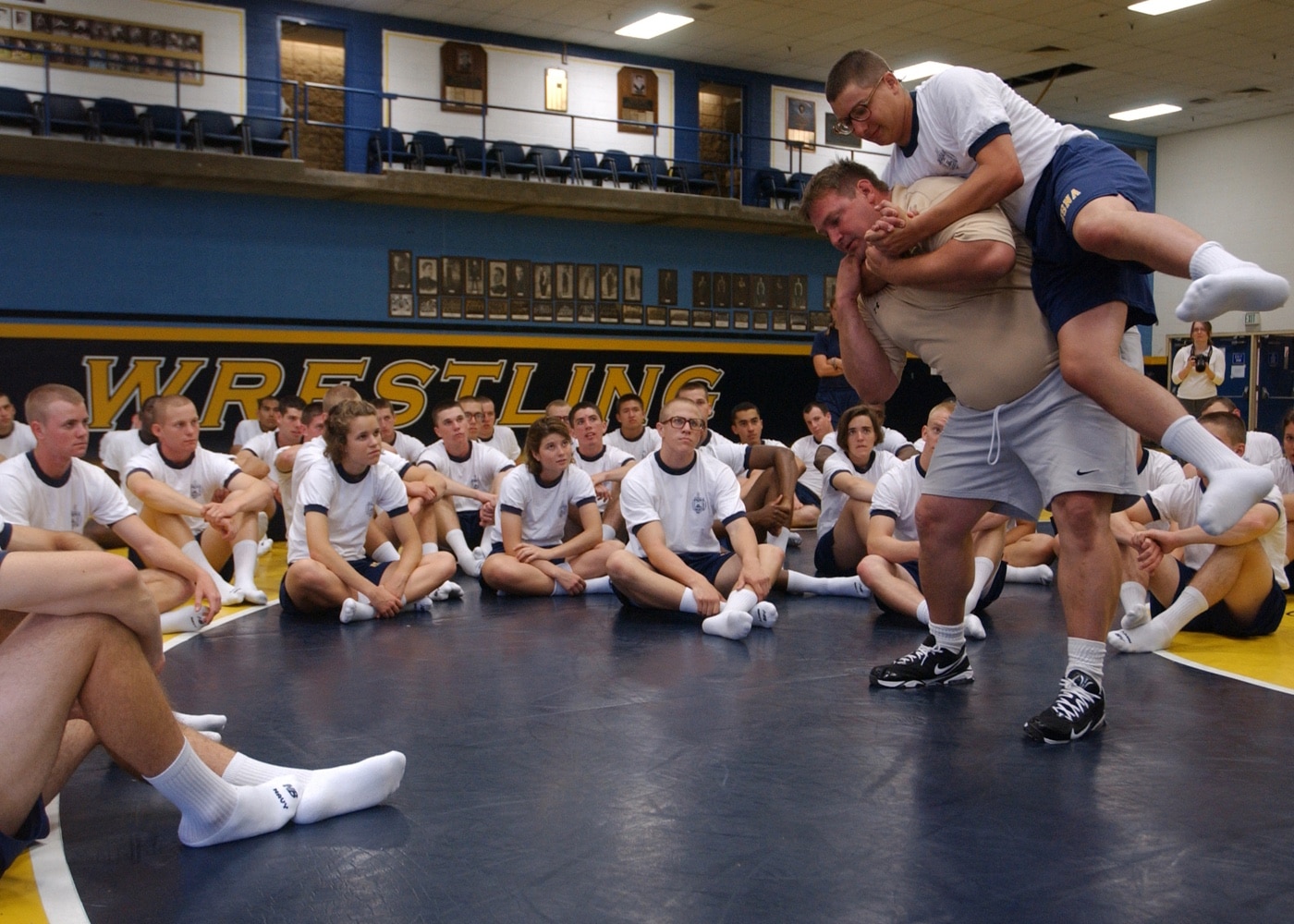
Fortunately, my son’s timidness in sparring strangers in these types of tournaments melted away and he’s gone on to do great things within martial arts. But the lessons learned by a young child are an enlightenment many adults have yet to realize for themselves.
Training can help prepare you for fighting, but experience is the real teacher. A class in a dojo is training, where a competition is where experience begins. It is this experience that helps reshape the norms that we use to impose self-control in our lives.
Social Norms
Social norms are behaviors considered acceptable or normal for a group of people. Many readers will likely identify with the social norms typical of the American culture. This includes concepts like not stealing, not murdering, and treating each other as we would like to be treated.
However, the criminals that seem so pervasive in the modern world do not subscribe to these ideals. Rather, they live by a different code where “might makes right” and respect is earned through violent action alone.
In a violent encounter, the criminal often has the mental edge. He is not morally constrained when robbing, hurting and killing because those are completely acceptable within the framework of his social norms. You, however, may wrestle with the social norm of violence being unacceptable. This may cause you to hesitate when the use of force would clearly be justified and the need immediate.
My Own Experiences
I was not a rough kid. Sure, I grew up outside the city limits, knew something of farming and played a lot of pick-up football. But, fights rarely happened in my neighborhood, and I can only recall being involved in two during my school years. I didn’t have much “street experience” when it came to self-defense.
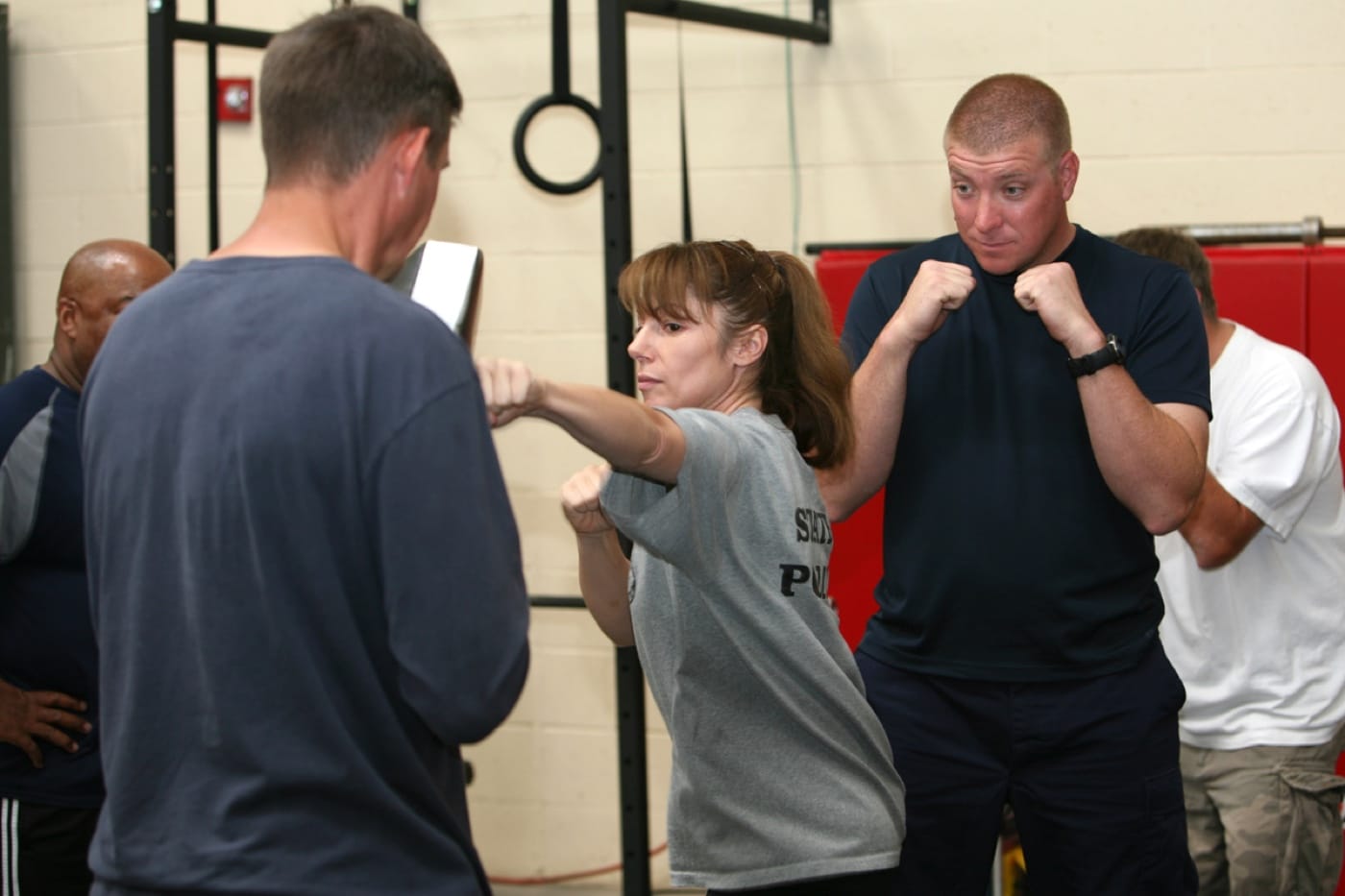
As a young adult, I explored concealed carry and began reading what I could on the subject. Folks like Col. Jeff Cooper, Jim Cirillo, Charles Remsburg and Massad Ayoob influenced my thinking. But it wasn’t until I became a police officer that I put any of that theory into practice.
My earliest experiences included serving arrest warrants on violent criminals in some of the roughest areas of Atlanta. In fact, one of my first ever official actions was crawling up the swaying fire escape of a building long overdue for being condemned. My sergeant’s order was “When I knock on the front door, he’s going to run out the back. Get up that fire escape and grab him when he comes out.” Fortunately, the fugitive wasn’t home. I soon learned, however, that violence was a way of life for many of the people I encountered.
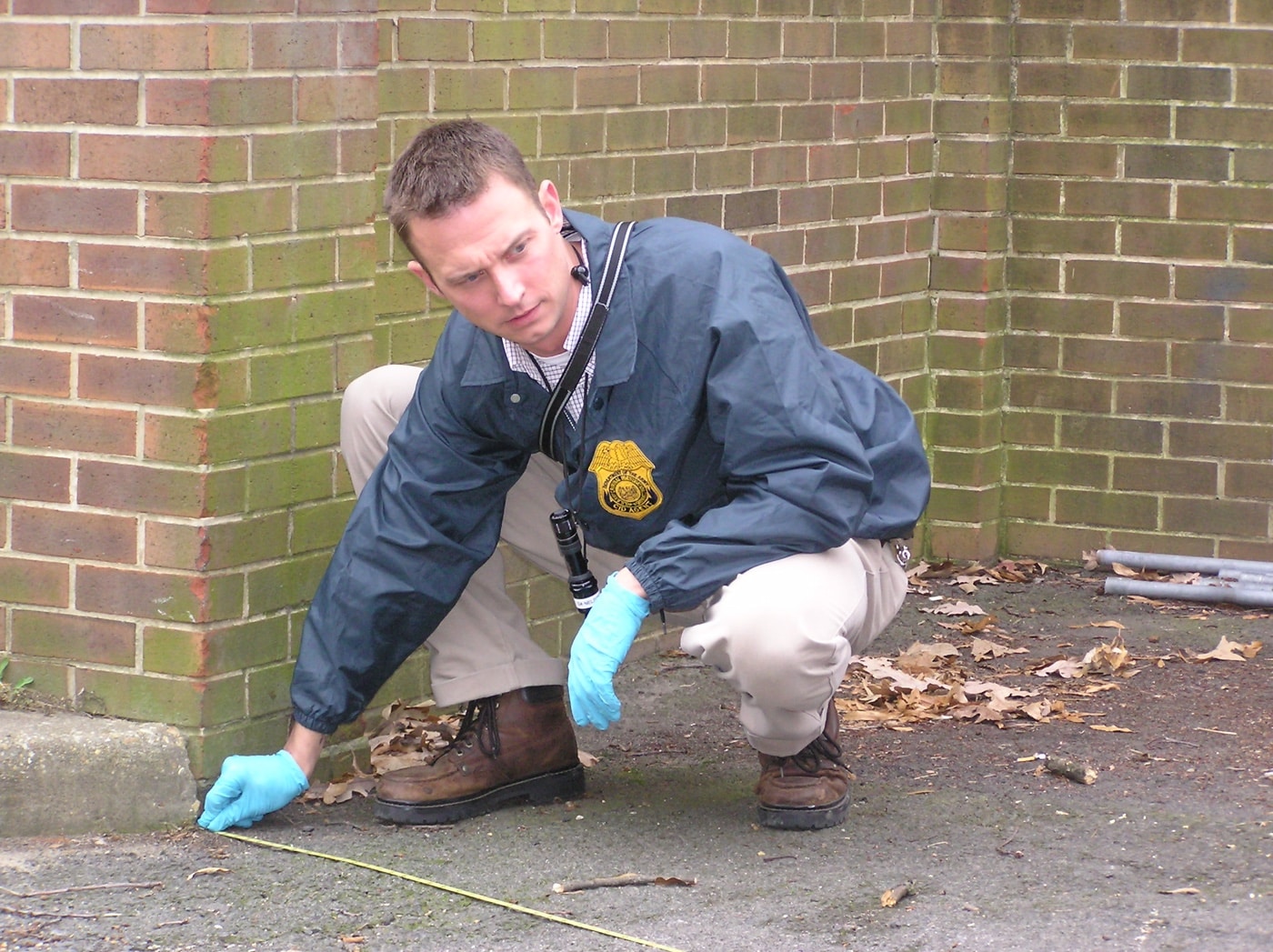
In some parts of society, violence is a way of climbing the social ladder. Until you’ve lived in that world, it’s all just theory — something you’ve read and claim to understand, but you don’t. Not really.
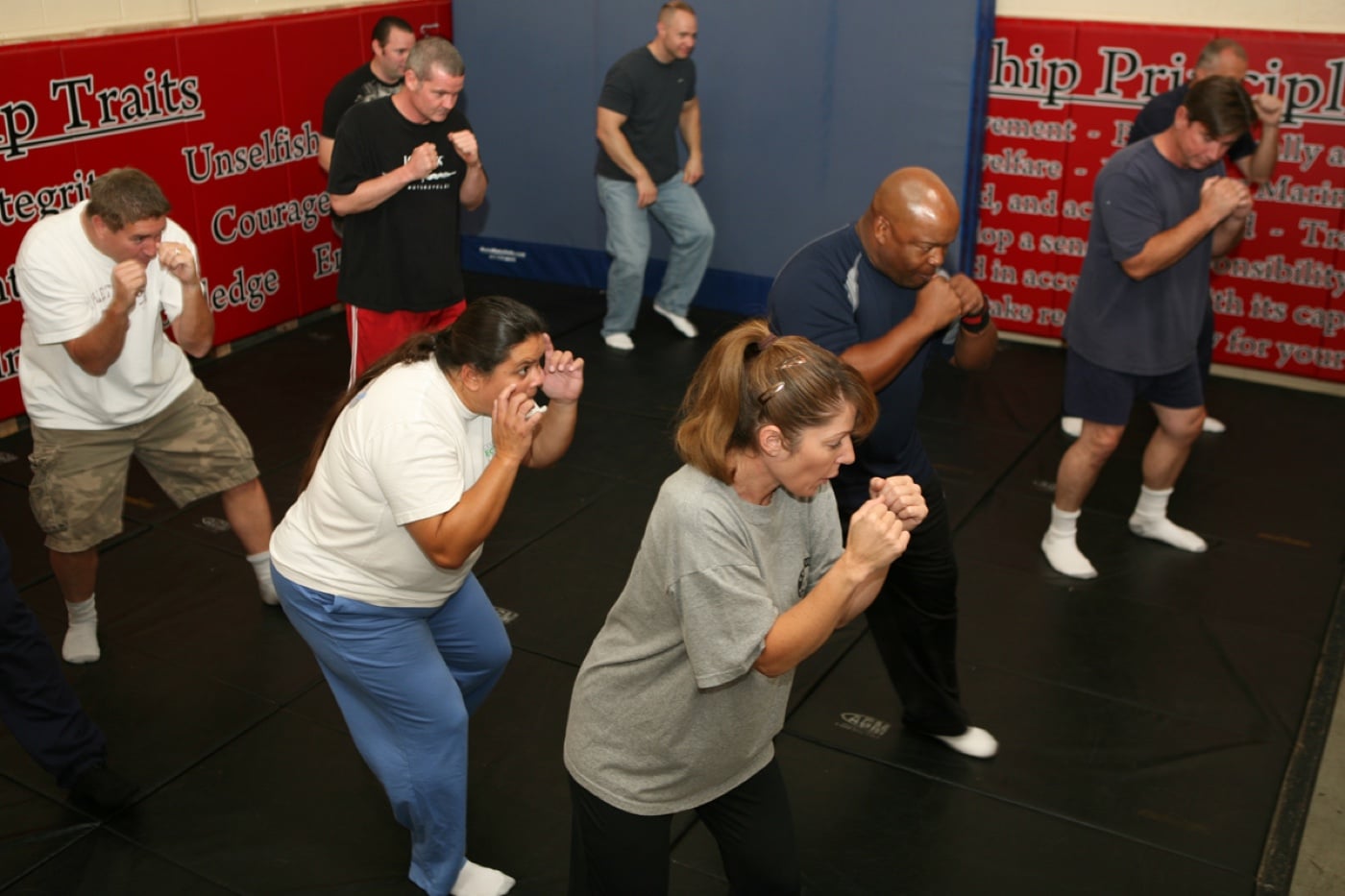
I was fortunate enough to encounter some straightforward use-of-force incidents that gave me the experience I needed to handle even more violent encounters later. The first was a traffic stop on a lazy Sunday morning at about 7:30 am. The unlicensed driver in the country illegally pulled over as normal, but then jumped out of the car and reached for a weapon under the driver’s seat. I was able to tackle him before he armed himself, making the arrest a lot simpler than it could have been.
Scenario Training
When I entered law enforcement, I didn’t have the benefits of a formal field training program and was tossed into the deep end of the pool after I graduated from the academy. Fortunately, the academy curriculum was beyond the state’s minimum standards. The instructors employed a lot of scenario training.
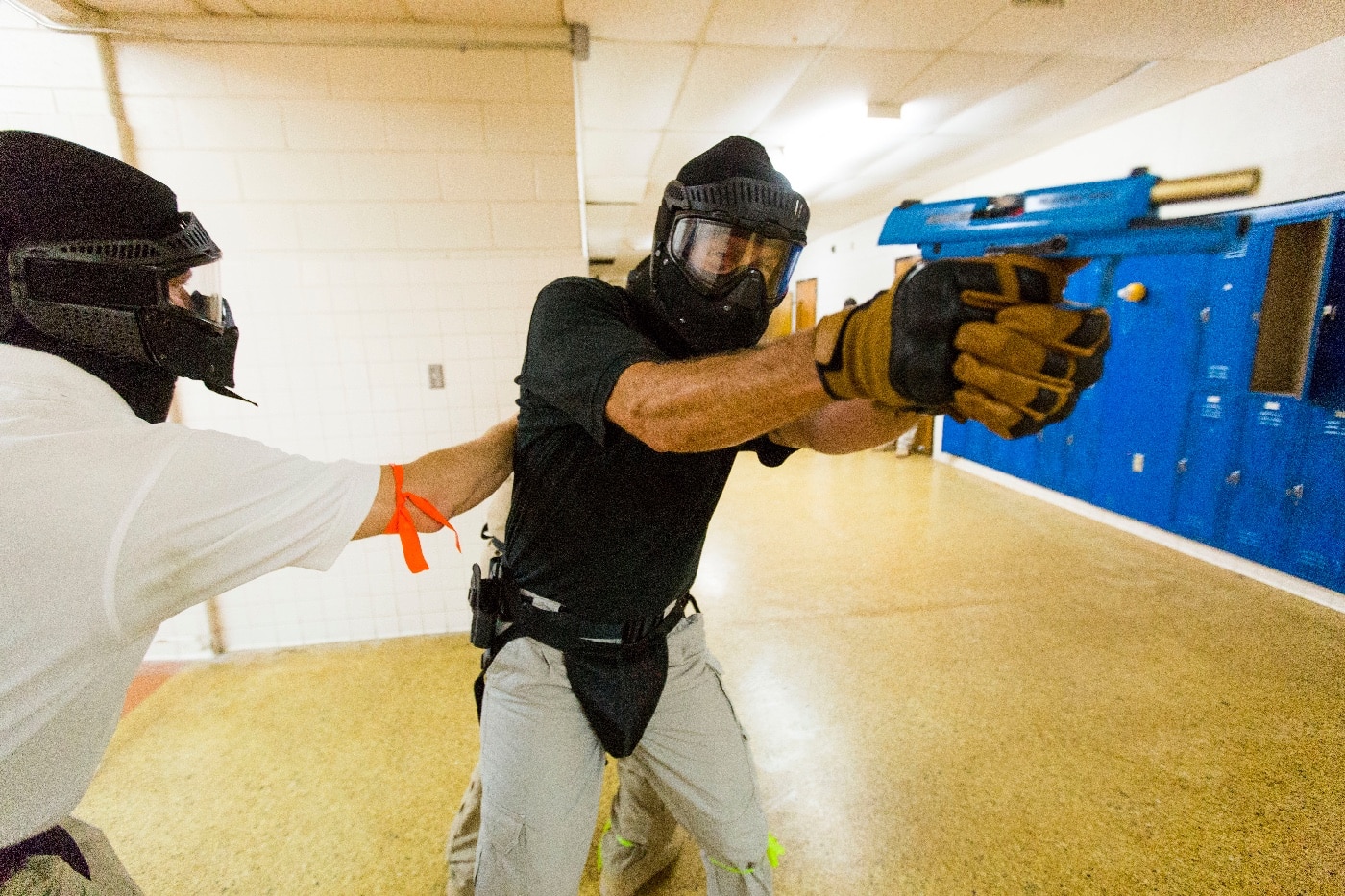
Scenario training is interactive and based on real-world calls for service to which officers will likely respond. It allows officers to obtain experience in a controlled environment where mistakes are unlikely to hurt anyone. Trainers can walk the trainees through the event and show where good decisions were made and where the officer can improve. You can “die” here and try again.
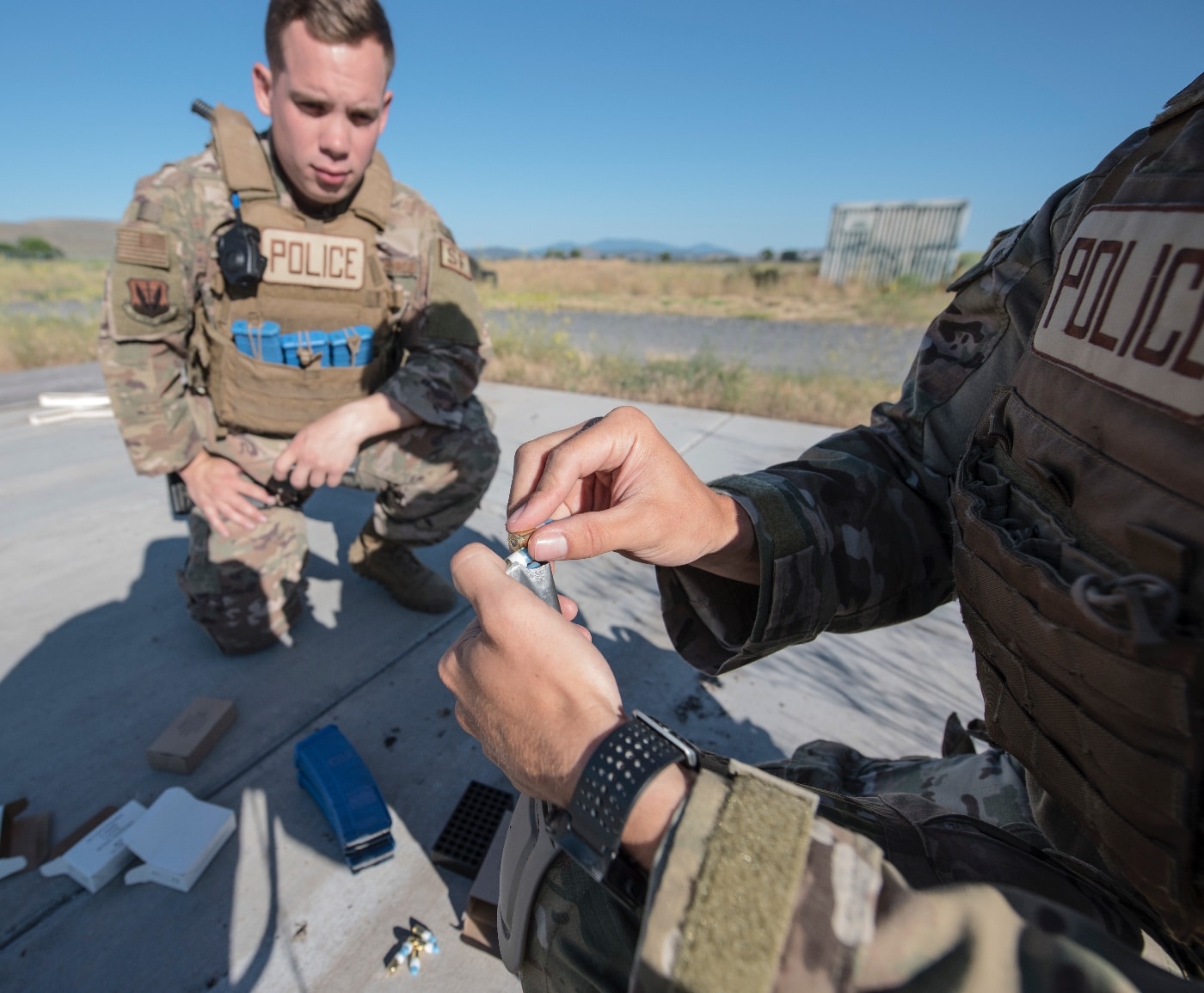
Without any doubt in my mind, the scenario training I received in the academy kept me alive the first few years on the street. It made me look like a professional long before the wet dried behind my ears and got me on the fast track for promotion. Since then, I helped implement the same kinds of training for others and have seen the benefits play out time and time again.
How Does It Impact You?
While such training has predominantly been used in law enforcement, security and military environments, more and more private trainers are employing scenario training for personal defense instruction. For someone who rarely, if ever, sees violence, this kind of training is invaluable.

Scenario training gives students an opportunity to apply knowledge and skills they have learned in training. It also allows them to violate the social norms they may have about violence being bad. Mistakes will be made, and good trainers will allow the students to learn from them without belittling behavior. This isn’t boot camp. This is training moms and dads how to protect their families if bad things happen.
There are several important aspects of this kind of training. First, it must be realistic. Training in unrealistic ways will likely frustrate students, and at best, only prepares them for unrealistic situations. Good instructors will provide common scenarios with a variety of possible solutions and outcomes.
Secondly, training should be based in the law. Laws vary from state to state, so the training should reflect the use of force law for your jurisdiction. Learning the legal parameters of Florida at a training facility in the Sunshine State may not do a resident of New York City a lot of good. Don’t train to what you think the law should be; train to what the law is.
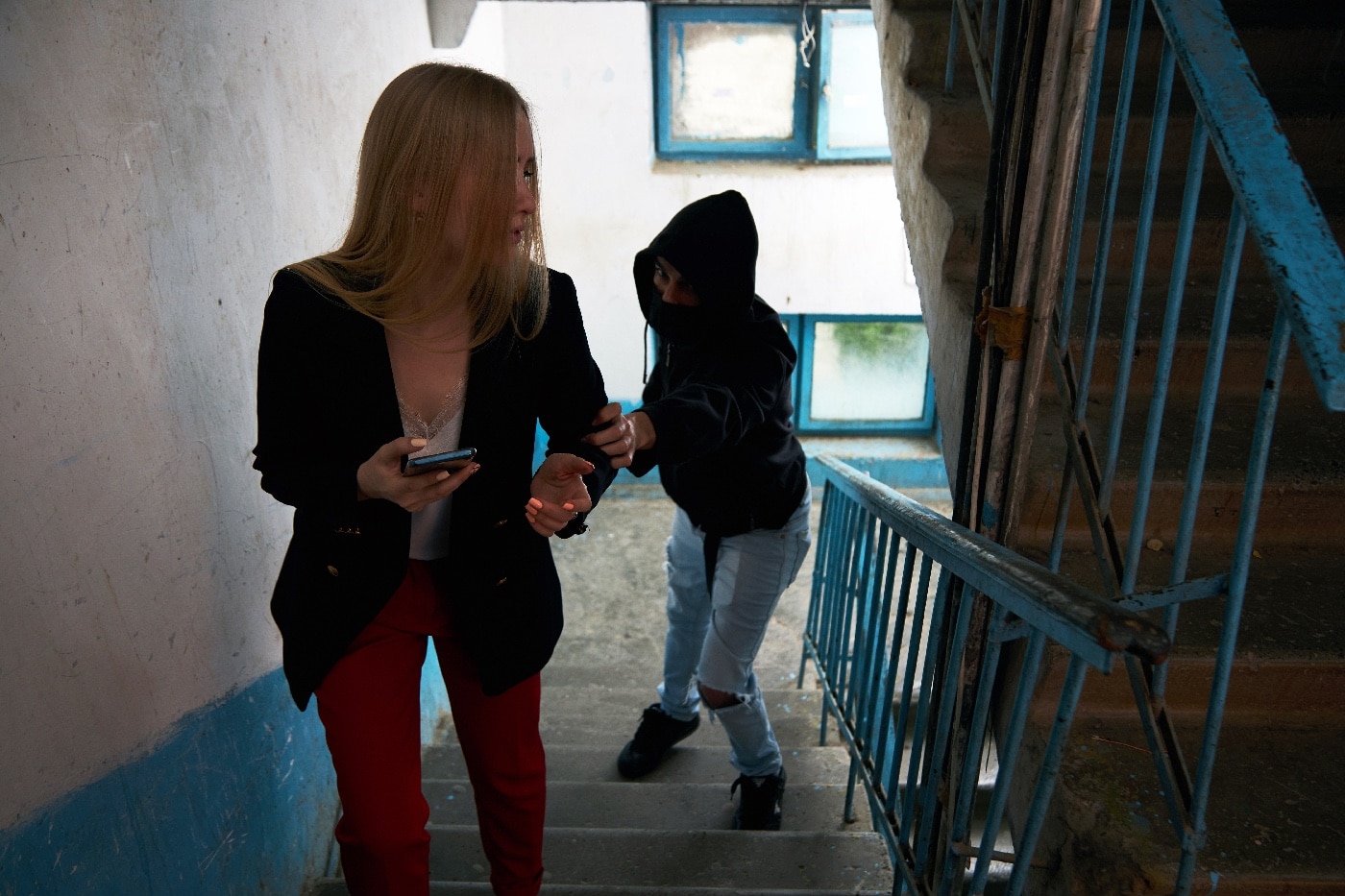
Lastly, training must be conducted by experienced professionals with an emphasis on safety. Scenario-based training is more fluid than static-range training. It may involve force-on-force aspects with training markers like Simunition. It’s essential that the instructors have a no-tolerance approach to unsafe behavior, including the introduction of working firearms into the training area.
Final Thoughts
Everybody has a plan until they get punched in the face. Then, like a rat, they stop in fear and freeze.
— Mike Tyson
I believe there is a great deal of truth in his statement. Training in skills gives you the confidence of a plan. But it is experience that will allow you to push past that “punch in the face” to prevail in a self-defense encounter. Without experience, you may very well freeze when you should be fighting.
So, is the bottom line that experience is always preferable to training? No. In my experience, those with either training or experience only have part of the solution. I believe that good training combined with experience is the most likely recipe for success.
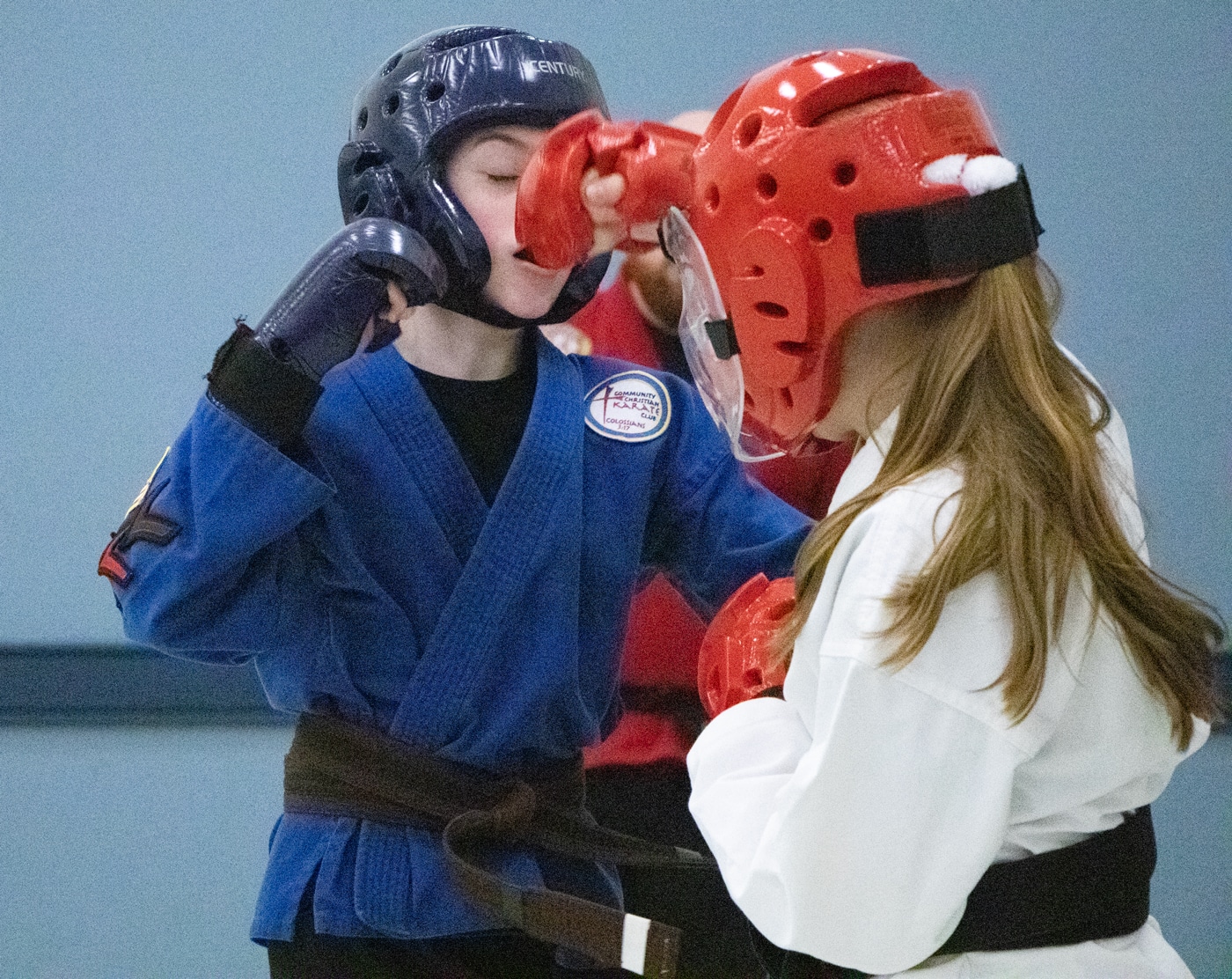
Many examples abound. In the previously mentioned Ultimate Self-Defense Championship, the winner had ample training and experience. The runner-up, “regular guy” Craig Hunter, had some training plus experience. Likewise, one of the heroes of the famous NYPD stakeout squad, Jim Cirillo, advocated in favor of competition and hunting to gain experience with your firearms in stressful conditions to improve your odds of surviving a violent encounter.
Based on my own experiences, I can say that people who train with firearms and martial arts augmented with real-world experience are better off than people who have just one or the other. Of the people who have just one or the other, those with training only are often at a disadvantage to those who have never formally trained but have ample experience in a violent world.
Once you have good skills with your defensive tools, seek out quality instruction that will allow you to also gain experience with them. Should you ever need to defend yourself, you will be much better prepared to respond appropriately.
Editor’s Note: Please be sure to check out The Armory Life Forum, where you can comment about our daily articles, as well as just talk guns and gear. Click the “Go To Forum Thread” link below to jump in!
Read the full article here

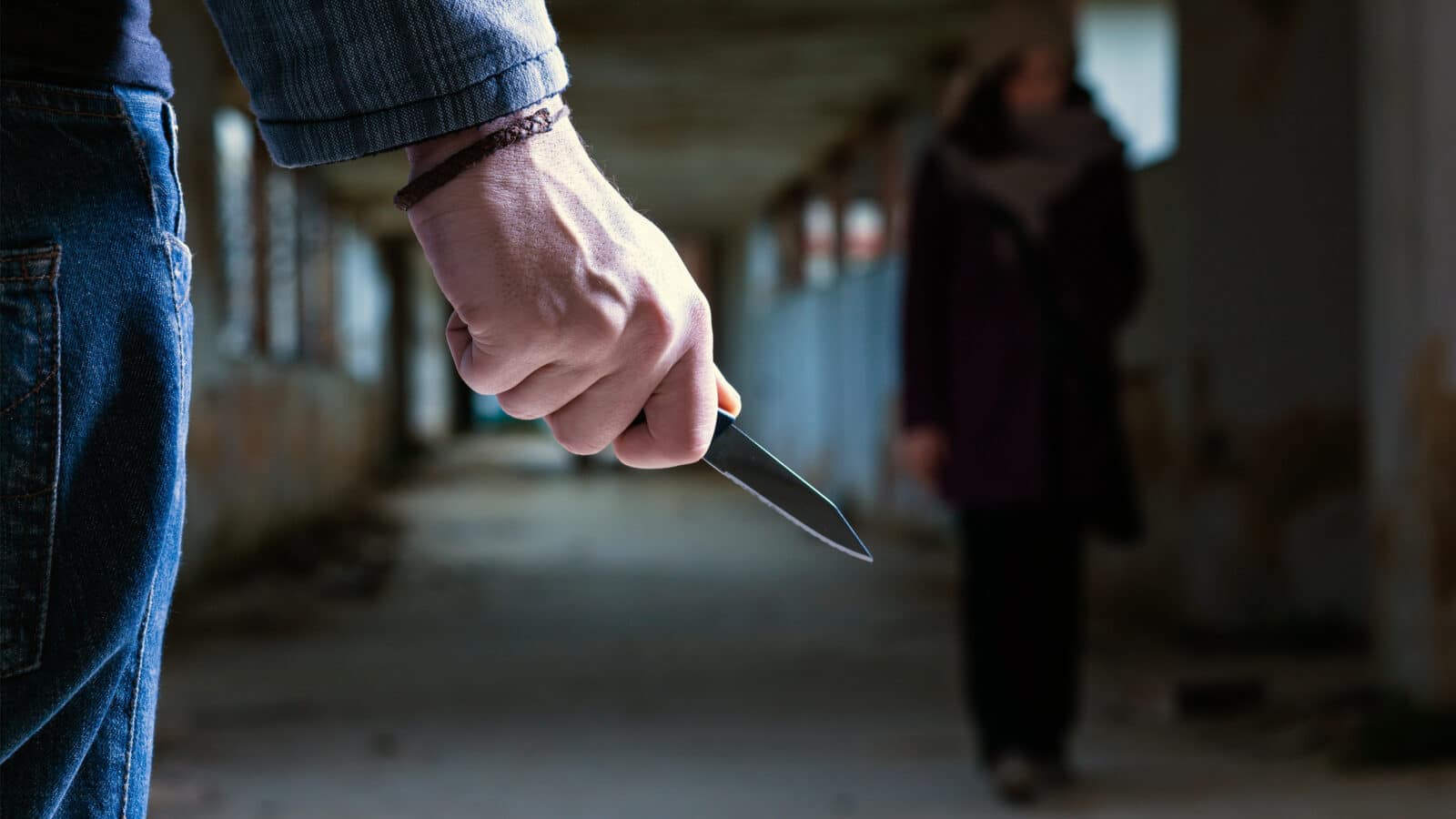
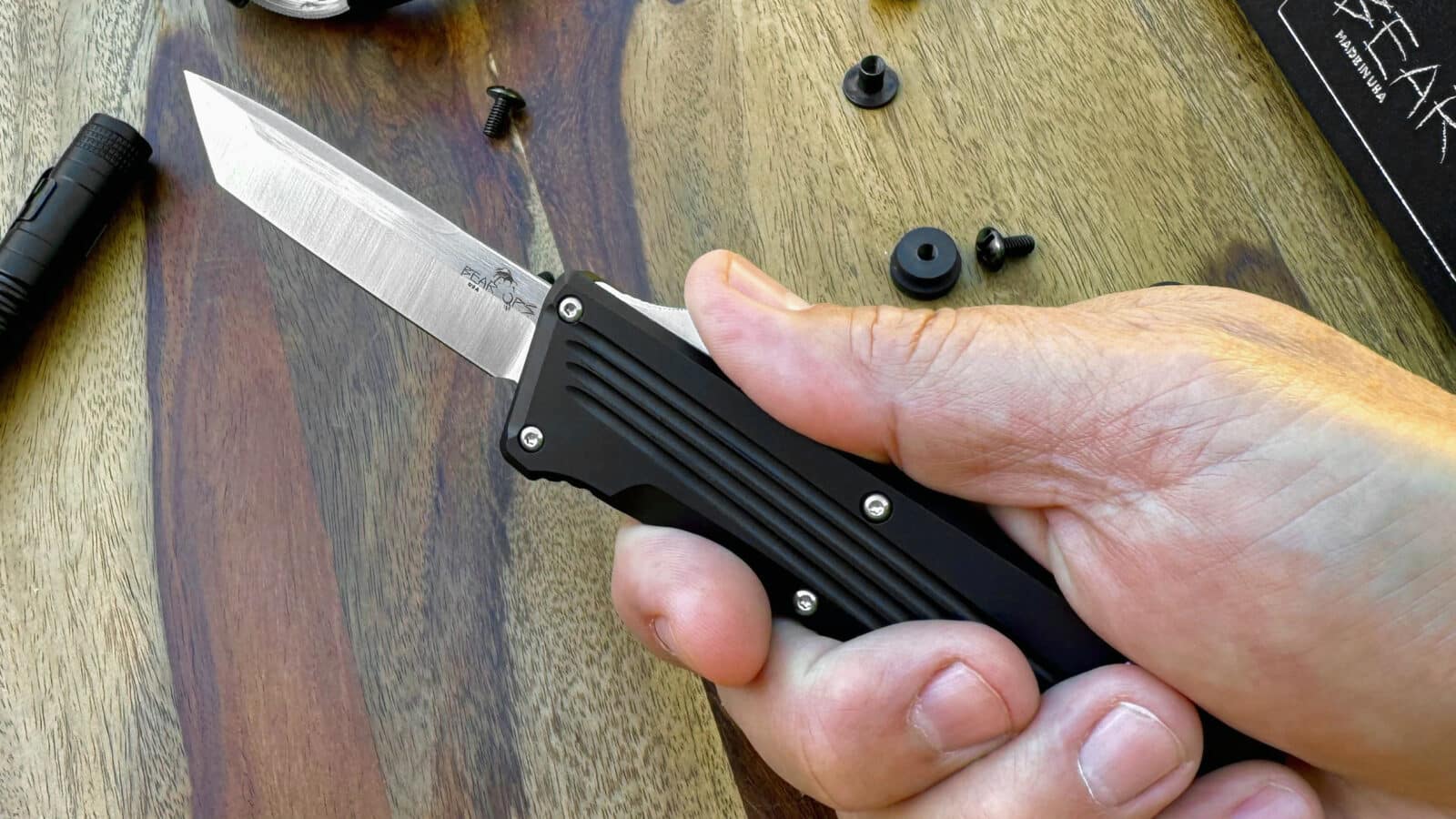

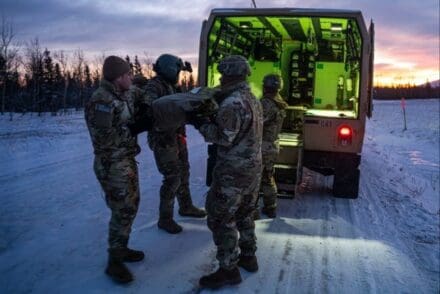
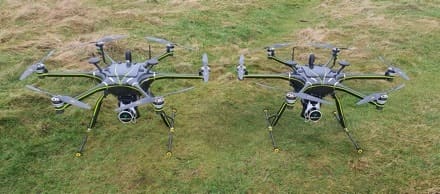

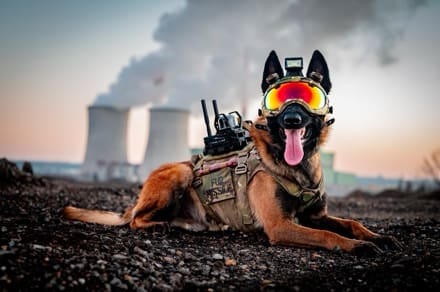
Leave a Reply